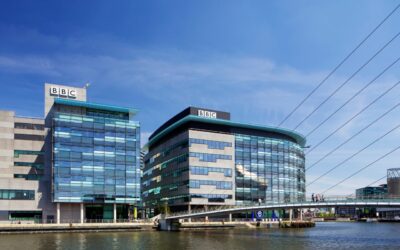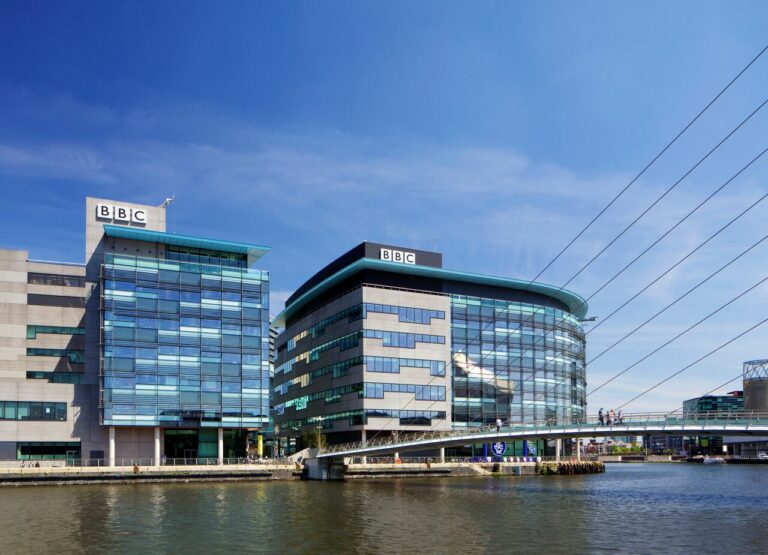The BBC has announced it is to offer the majority of its staff a 4.2% pay rise in a new deal, after the number of employees fell by over 1,200 last year.
The broadcaster said the announcement for 2022/23 is about “providing a fair deal to licence fee payers and to staff” which has been made possible by “cutting staff numbers and saving costs”.
The new pay deal will see the majority of staff offered a 4.2% pay rise in August followed by 1% in progression later in the financial year, however Senior Leaders will not receive an automatic increase as their pay is dealt with under a different process.
Last year’s annual pay increase was 1% and in 2020 there was a pay freeze across the BBC.
The pay deal still sits below the 7% rate of inflation, yet the BBC said it will “never be able to meet the levels of pay at some of our rivals” and “would rather have fewer people paid closer to the wider media market”.
Earlier in April, more than 97% of NUJ members at BBC North West voted in favour of industrial action, to protest against the “damaging” impact of job cuts on news output in the region. It followed the BBC’s decision to cut £25m from BBC England’s budget, leading to 450 job cuts across England.
In 2021, the number of employees fell by over 1,200 – 6% of the BBC’s total workforce. Senior leader numbers were also down by over 5%.
Tim Davie, Director-General, said: “The BBC is the home of creative excellence and world-beating impartial journalism. We want our staff to thrive, produce their best work and feel valued for their output.
“Last year the number of employees fell by over 1,200. The BBC is smaller but we also need to attract and retain world-class talent, within a reformed, modern and efficient organisation that provides great value to audiences.”












